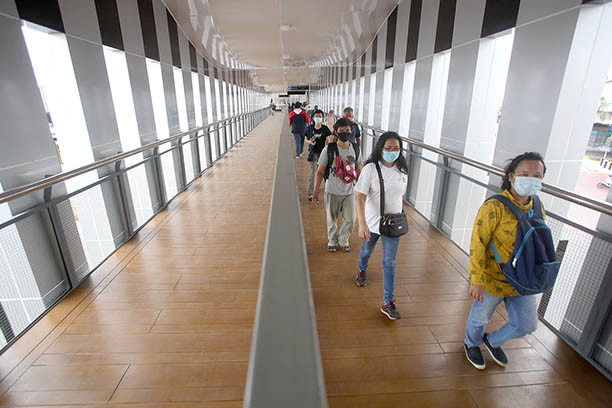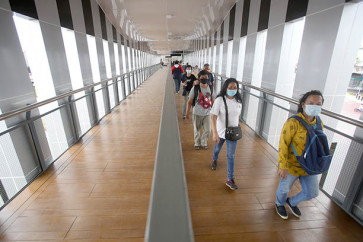Popular Reads
Top Results
Can't find what you're looking for?
View all search resultsPopular Reads
Top Results
Can't find what you're looking for?
View all search resultsInterns want govt to step in, ensure fair compensation
Change text size
Gift Premium Articles
to Anyone
T
he debate about unpaid internships intensifies every fall as fresh graduates seek career inroads. Recent posts on social media show many young Indonesians complaining about doing full-time work without compensation – an outcome equally unpopular with the interns themselves as with their paid coworkers.
“I felt like I had too much to do when I got a call at 6 a.m. to take care of Zoom. Then there were tasks that didn't end until the evening, which I think was too much work. The company just wants everything done right away,” Marsella Dwiyanti recalls her experience.
The Depok, West Java, native completed an unpaid internship at a government organization's communications division a year ago. The 22-year-old said she had to handle everything from press releases to online events and update the organization’s Twitter account, often until midnight.
Many youngsters in Indonesia, as elsewhere, are keen to do such work even if unpaid, just to improve their CV with some real-world experience, assuming this would help them find a job later on.
Organizations, meanwhile, get to establish connections with potential future jobseekers, collect accolades for training the new generation and sometimes save money by reducing the need for payrolled staff.
Pandemic budget cutting
Aside from the excessive work hours, what made matters worse for Marsella was the more than two hours of commuting between Depok and Central Jakarta, which was also costly for the unpaid intern.


















